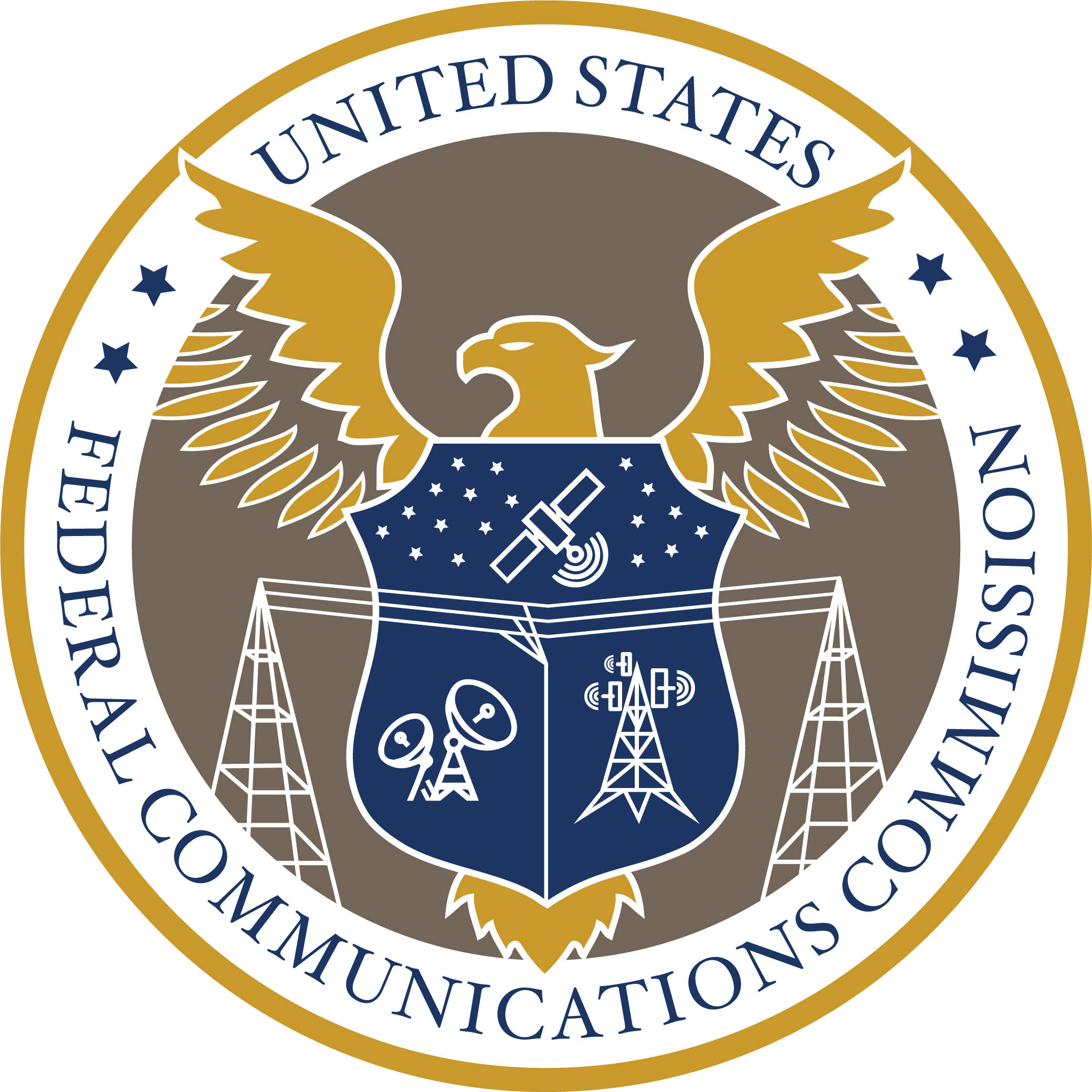
FTC Sues Match.com for Alleged Deceptive and Unfair Business Practices
Lorem ipsum dolor sit amet, consectetur adipiscing elit. Ut elit tellus, luctus nec ullamcorper mattis, pulvinar dapibus leo.
Source: Match

If you are looking for that special someone using a dating app, be wary of Match.com. Yesterday the Federal Trade Commission announced it is suing Match Group, Inc. for five deceptive or unfair business practices to get people to subscribe to their service and to stay subscribed. Match owns Match.com, Tinder, OKCupid, PlentyOfFish, Meetic and dozens of other dating sites. In a lawsuit filed in U.S. District Court for the Northern District of Texas yesterday, the FTC alleges that Match – who controls approximately 25% of the online dating market – tricked hundreds of thousands of consumers into subscribing to Match.com and making cancellation difficult. Match is based in Dallas.
We believe that Match.com conned people into paying for subscriptions via messages the company knew were from scammers, said Andrew Smith, Director of the FTCs Bureau of Consumer Protection. Online dating services obviously shouldnt be using romance scammers as a way to fatten their bottom line.
Match draws users in by letting them create a free profile, including photos and personal information. However, those nonsubscribers cant respond to messages from potential matches unless they upgrade to a paid subscription for a duration of one, three, six or 12 months. The FTC alleges in their complaint that Match would email nonpaying members to say they had received likes, favorites, emails or instant messages and they had to subscribe in order to read them.
The FTC specifically called out Matchs You caught his eye… notices. Millions of contacts previously flagged as fraudulent sent these notices to free users. If free users subscribed to read those messages before Match completed their fraud review, they likely would have encountered scammers, and they were stuck with a subscription they may not otherwise have paid for. Match put consumers at risk, in exchange for subscription payments.
Between June 2016 and May 2018, Matchs analysis showed that free users purchased nearly 500,000 subscriptions within 24 hours of receiving an ad with a fraudulent message. However, paid users were protected from being contacted by the fraudulent accounts.
Source: FTC Complaint

According to the FTC, people who considered subscribing to Match.com were typically unaware that approximately 25% to 30% of Match.com users were on the site for the purpose of scamming victims. These ranged from phishing scams and extortion to fraudulent advertising and romance scams, which contributed significantly to the more than 21,000 romance scams reported in 2018. People registering those complaints lost about $143 million last year.
The FTC also alleged that Match deceptively promised subscribers a free six-month subscription if they didnt meet that special someone. However, Match failed to disclose all of the terms that a consumer must meet to qualify for that guarantee. For example, consumers had to create a public profile with a primary photo approved by Match within seven days of purchase. They had to send messages to five unique Match.com subscribers each month, and if they did not redeem the free six months during the final week of their initial six-month subscription, they would be billed for another six months instead of getting six months free.
Additional allegations include deceptive billing and cancellation practices and violation of the Restore Online Shoppers Confidence Act (ROSCA) by not providing a simple way for subscribers to cancel their subscriptions. Online cancellations were complicated and difficult. According to the FTC complaint, Match employees said the cancellation process was hard to find, tedious and confusing. As a result, the recurring charges often continued.
The FTC believes Match.com has been unjustly enriched as a result of its alleged deceptive and unfair business practices and it seeks relief, restitution and refunds, as deemed appropriate by the court. It also asked for a permanent injunction to prevent future violations of the FTC Act and ROSCA by Match, monetary civil penalties for every violation of ROSCA and recovery of costs related to the lawsuit.
Match issued a statement in rebuttal. Here is an excerpt:
For nearly 25 years Match has been focused on helping people find love, and fighting the criminals that try to take advantage of users. Weve developed industry leading tools and AI that block 96% of bots and fake accounts from our site within a day and are relentless in our pursuit to rid our site of these malicious accounts. The FTC has misrepresented internal emails and relied on cherry-picked data to make outrageous claims and we intend to vigorously defend ourselves against these claims in court.
Match also said the issues the FTC is focused on are have either been taken grossly out of context or permanently eliminated by Match. The company also says the FTC is wildly overstating the impact of fraudulent accounts.
Insider Take:
It is very scary to think that a company that has a 25% market share of online dating has some potentially huge issues with its business practices and its use of the subscription model. The FTC outlined a pretty solid case in its 26-page complaint. Even if a fraction of it is true, Match has a big problem on its hands. At the very least, its reputation will suffer. If any of the allegations are proven to be true, the costs will be significant and tangible. We keep going back to best practices for subscription companies – transparency, clear and conspicuous terms and conditions and easy cancellations.





